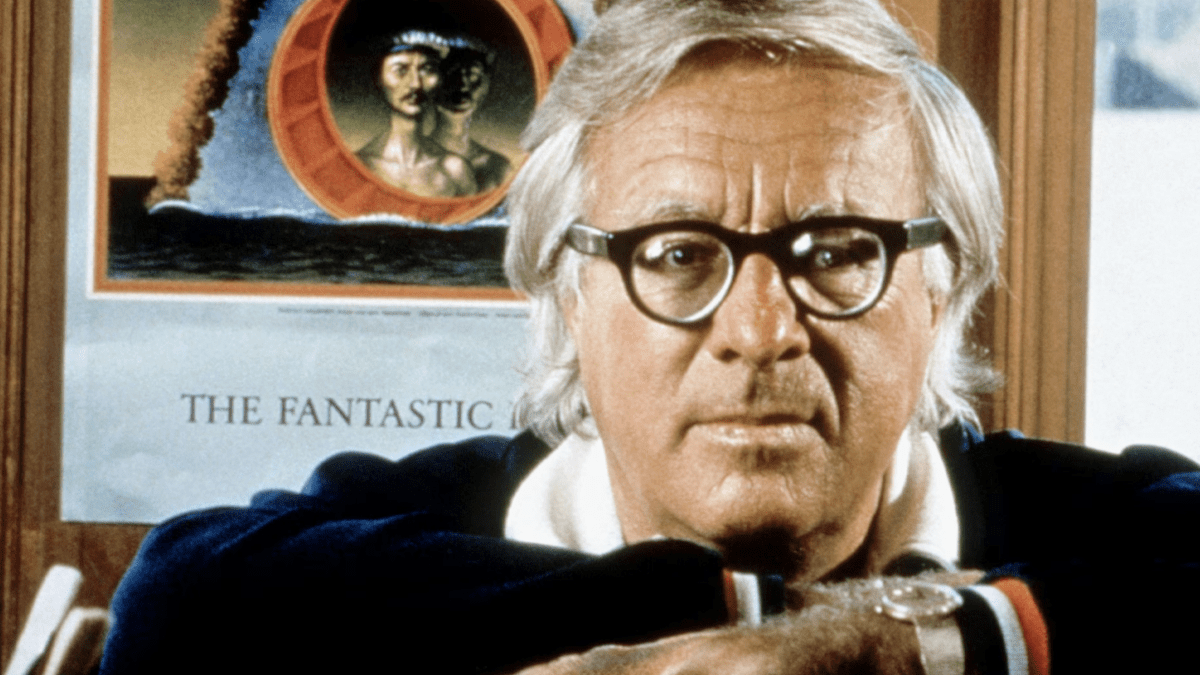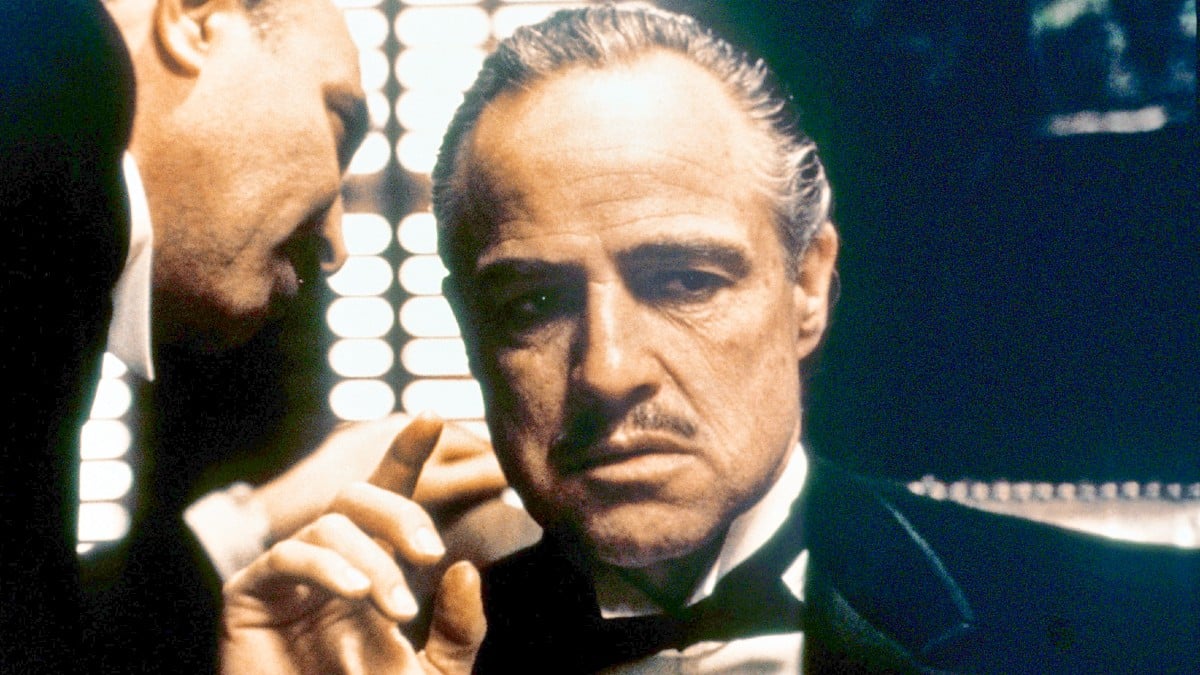Ray Bradbury is one of the most celebrated writers in science fiction, though he resisted the classification himself.
“First of all, I don’t write science fiction,” Bradbury famously told Weekly Alibi magazine in a 1999 interview. “Science fiction is a depiction of the real. Fantasy is a depiction of the unreal.”
Whether you agree with Bradbury’s genre definitions or not, his legacy is not up for debate. Born on Aug. 22, 1920 in Waukegan, Illinois, Bradbury’s family moved to Los Angeles in 1934. Although originally interested in pursuing acting, he began publishing short stories in 1938. This led to a prolific career as an author, spanning over 600 short stories and several novels.
Of these, Bradbury’s most well-known novel is Fahrenheit 451. Set in a dystopian world where firemen are sent to burn books instead of stop fires, Fahrenheit 451 is considered one of the best science-fiction books of all time. Even Bradbury recognized it as the genre, saying in that same Weekly Alibi interview, “I’ve only done one science fiction book and that’s Fahrenheit 451, based on reality.” He published other acclaimed literary works throughout his career like short-story collections, The Illustrated Man and The Martian Chronicles, and novels like Something Wicked This Way Comes, creating a legacy that continues to persevere even after his death.
How did Ray Bradbury die?
Ray Bradbury’s career nearly spanned 70 decades before his death in 2012. His book publisher, HarperCollins, released a statement shortly after his death, sharing that the author passed peacefully after a long illness. Bradbury was 91 years old.
In the wake of his death, fans of Bradbury’s, from Steven Spielberg to the Obamas, shared their sentiments. Famed author Stephen King voiced his admiration for the author by referencing Bradbury’s short story, A Sound of Thunder: “The sound I hear today is the thunder of a giant’s footsteps fading away. But the novels and stories remain, in all their resonance and strange beauty.”
Bradbury continued to work on projects until his death. In addition to his celebrated writing career, he was a life-long lover of the cinema and contributed to screenplays for productions like Moby Dick and It Came From Outer Space. His writing had a profound effect on his peers in the literary and film worlds, with authors like Margaret Atwood and Neil Gaiman counting him as influences. In 2007, his scholars Jonathan R. Eller and William F. Toupance founded the Ray Bradbury Center, an archive dedicated to Bradbury’s legacy.
Bradbury’s last published piece before his passing, a piece exploring his influences, was published by The New Yorker on May 28, 2012, a week before his death.











Published: Sep 14, 2024 11:17 am